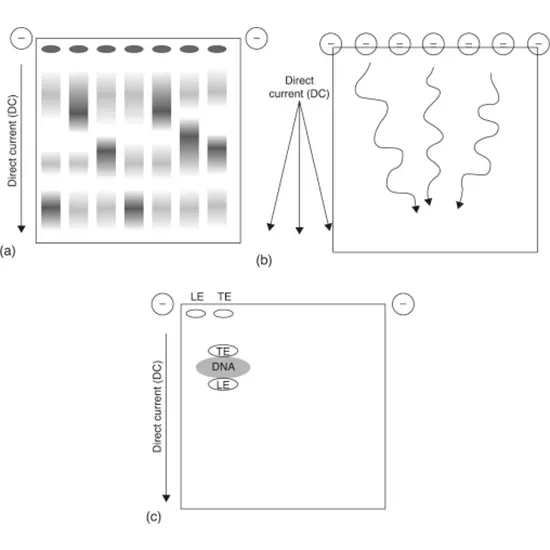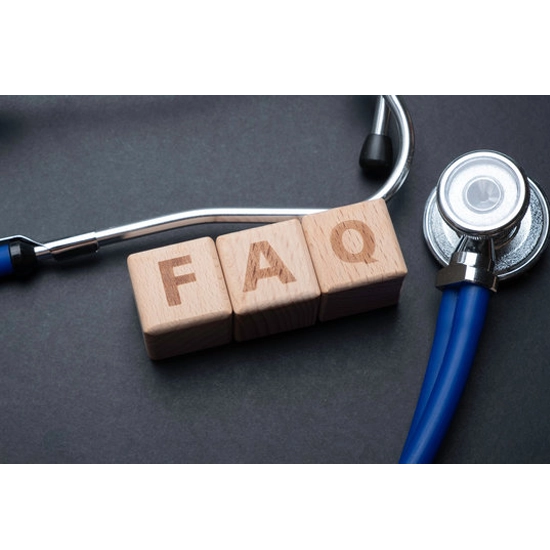
Book Zone Electrophoresis Appointment Online Near me at the best price in Delhi/NCR from Ganesh Diagnostic. NABL & NABH Accredited Diagnostic centre and Pathology lab in Delhi offering a wide range of Radiology & Pathology tests. Get Free Ambulance & Free Home Sample collection. 24X7 Hour Open. Call Now at 011-47-444-444 to Book your Zone Electrophoresis
The two introductory electrophoresis methods are zone electrophoresis and moving boundary electrophoresis.
In zone electrophoresis, charged molecules drag through a solution while being endorsed by the supporting medium. The separated components are shaped in the supporting medium like distinct zones. A little volume of specimen is used as a narrow band after the supporting media is pervaded with buffer solution.
Charged molecules move during moving boundary electrophoresis without the support of a supporting medium in a free-moving solution.
Zone electrophoresis can take the form of thin-layer electrophoresis, gel electrophoresis, cellulose acetate electrophoresis, and paper electrophoresis.
It is necessary to draw blood.
The lab mechanic applies an electric current while positioning the blood specimen on a particular paper. On the paper, the proteins shift and create bands that exhibit the concentration of each protein.
Before this test, you might be told to go without food or liquids for 12 hours.
The findings of this test could be impacted by certain medications. You will be notified by your physician if you require to halt taking any medicines.
All cells and organs contain proteins, which are created from amino acids. Throughout the body, proteins come in a mixture of forms and serve a mixture of objectives.
Albumin or globulins are the two subclasses of serum proteins. The most prevalent protein in serum is albumin. It carries a lot of little molecules. Keeping fluid from seeping into the tissues through the blood vessels is also crucial.
The four types of globulins are alpha-1, alpha-2, beta, and gamma globulins. Generally speaking, when the body is inflamed, alpha and gamma globulin protein levels rise.
A typical value range is:
The ordinary value varies and may vary barely between laboratories. Different laboratories test different samples or use different metrics.
What Abnormal Findings Indicate A decline in total protein could mean:
abnormal protein loss from the digestive system or poor protein absorption in the digestive system (protein-losing enteropathy)
Malnutrition
Nephrotic syndrome is a condition of the kidneys.
liver function issues and liver scarring (cirrhosis)
| Test Type | Zone Electrophoresis |
| Includes | Zone Electrophoresis (Pathology Test) |
| Preparation | |
| Reporting | Within 24 hours* |
| Test Price |
₹
|

Early check ups are always better than delayed ones. Safety, precaution & care is depicted from the several health checkups. Here, we present simple & comprehensive health packages for any kind of testing to ensure the early prescribed treatment to safeguard your health.